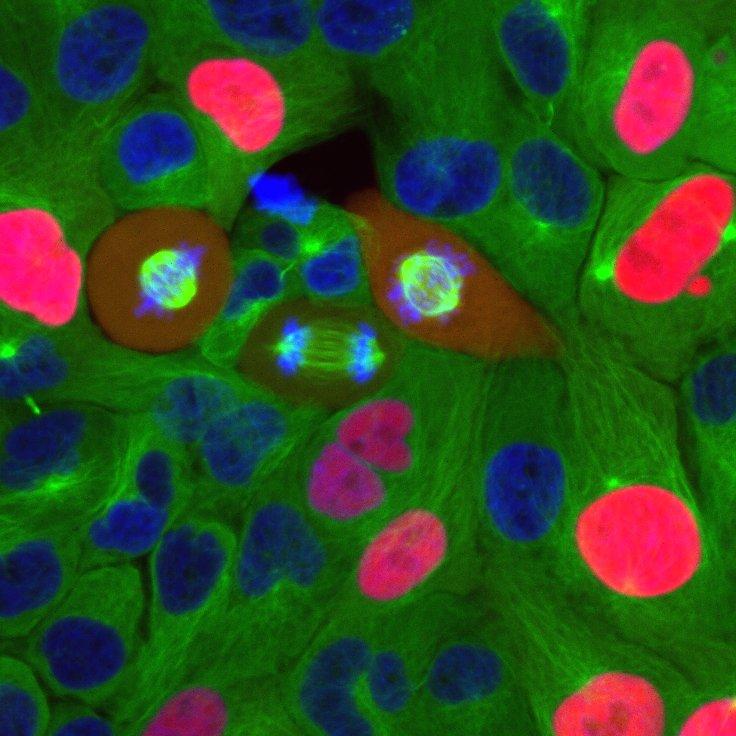Health Links
 Crosswalks and Pedestrian Safety: What You Need to Know From Recent Research
Crosswalks and Pedestrian Safety: What You Need to Know From Recent Research
In recent months, news organizations have covered crosswalk construction or changes to existing crosswalks, including new, decorative pavers in Slidell, Louisiana, proposed infrastructure changes aimed at improving pedestrian safety in Phoenix, and decorative, themed crosswalks, such as rainbow crosswalks painted in towns across the country for Pride month. Such stories call attention to the dangers of pedestrians and vehicles sharing roadways -- and the rising rate of pedestrian deaths nationwide. The Governors Highway Safety Association estimates at least 7,508 pedestrians were killed as a result of crashes on U.S. roadways in 2022. more »
 Women's Health and Aging Studies Available Online; Inform Yourself and Others Concerned About Your Health
Women's Health and Aging Studies Available Online; Inform Yourself and Others Concerned About Your Health
A person's health is influenced throughout their lifespan by many factors. Some of the most important factors include sex, gender, racial ethnicity, culture, environment, and socioeconomic status. Researchers are discovering the critical roles that sex (being male or female) and gender identity (including social and cultural factors) play in health, wellness, and disease progression. The discoveries being made through the study of women's health and sex differences are key to advancements in personalized medicine for both sexes. more »
 National Institutes of Health: Common Misconceptions About Vitamins and Minerals
National Institutes of Health: Common Misconceptions About Vitamins and Minerals
"In most cases, whether you need a vitamin or mineral supplement depends on how much you get from the foods and beverages you consume each day. For example, the RDA for calcium is 1,000 milligrams per day for many adults. If you get that much from foods and beverages, you shouldn’t need a calcium supplement unless your health care provider recommends it. There are some exceptions for certain vitamins and minerals. For example, if you could become pregnant, you should get 400 micrograms a day of folic acid from dietary supplements and/or fortified foods in addition to what you get naturally from foods. This helps reduce the risk of serious birth defects, called neural tube defects." more »
 National Institutes for Health Study Offers Insights Into How Cells Reverse Their Decision to Divide
National Institutes for Health Study Offers Insights Into How Cells Reverse Their Decision to Divide
"A new study suggests that cells preparing to divide can reverse this process and return to a resting state, challenging long-held beliefs about cell division. If interrupted early in their preparation to divide, cells were able to halt the division process, known as mitosis. The finding, led by researchers at the National Cancer Institute (NCI), part of the National Institutes of Health, and reported July 5, 2023, in Nature, could point toward more effective treatments to interrupt the process by which cancer cells divide quickly and spread. Finding
could point toward more effective treatments that could potentially prevent cancer relapse." more »






